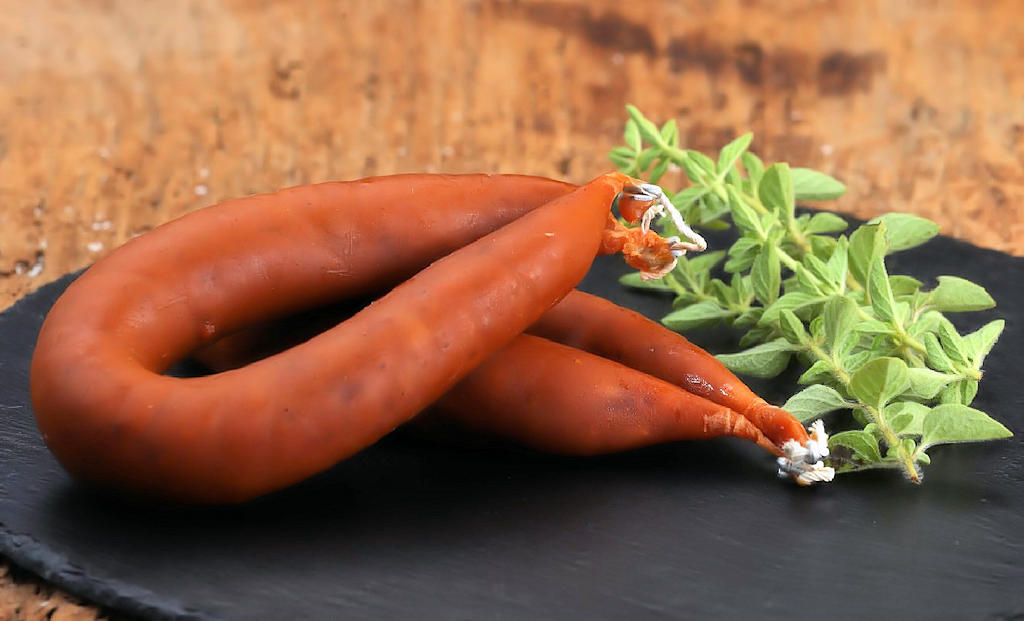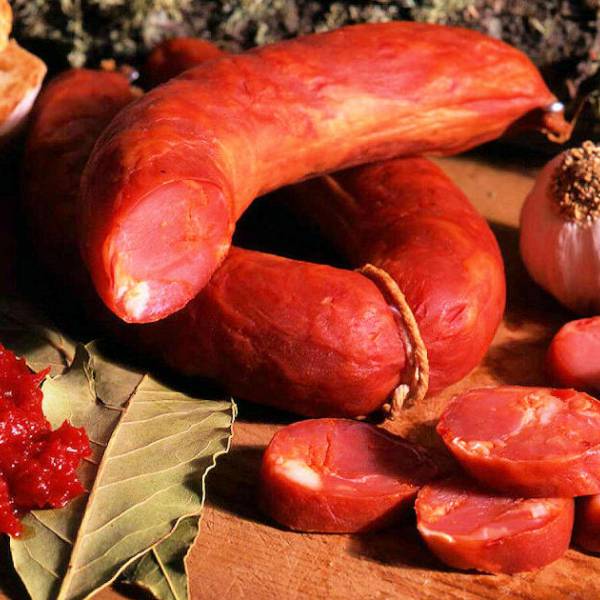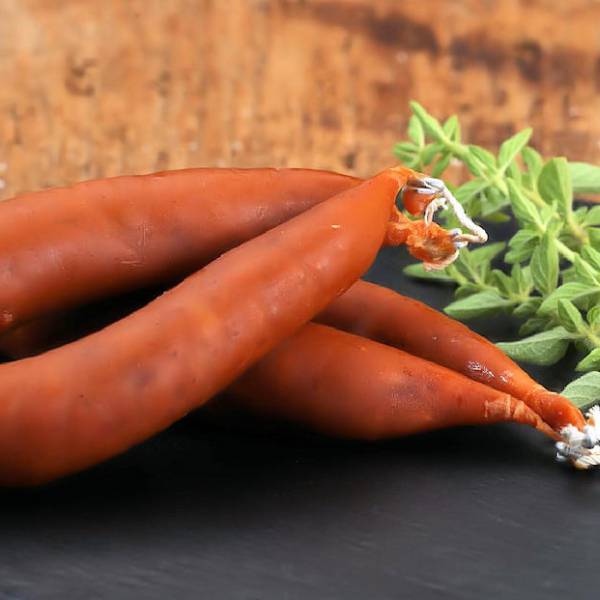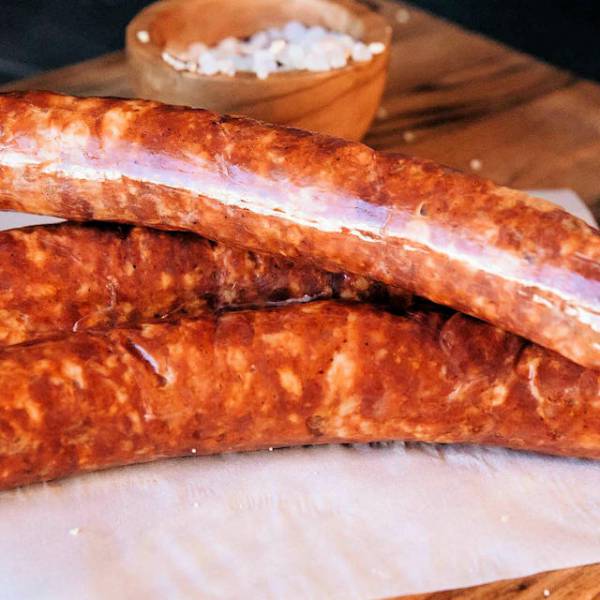Though farinheira may outwardly resemble its meat-filled counterparts, its origins are steeped in a history far more unconventional. According to legend, the farinheira owes its creation to the Portuguese Jews during the tumultuous era of the Inquisition in the 16th century. This dark period witnessed the rise of religious tribunals that relentlessly persecuted and punished those who deviated from the Catholic faith, particularly Jews and Muslims who had covertly adhered to their ancestral religions despite outward conversion to Christianity.
The Inquisition's scrutinizing gaze sought to identify Jews by examining their consumption of pork - a prohibited food in Jewish dietary laws. In an act of ingenious subversion, some Jewish individuals devised a solution: they created sausages filled with flour and spices, completely devoid of pork. Strategically, these flour sausages were hung alongside their pork-filled counterparts in windows or chimneys, meticulously simulating the consumption of forbidden meat and successfully blending in with their Christian neighbors.
Nevertheless, this crafty endeavor was not without its flaws. The Inquisitors soon discerned that the flour-based sausages exhibited lighter weight and lesser density compared to their meat-filled counterparts. They also noted that these sausages did not shrink or release fat when cooked. Furthermore, they observed that some Jews refrained from consuming these sausages in public or shared them discreetly among trusted individuals. These telltale signs aroused suspicion and resulted in the arrest and torture of many Jews who had either crafted or savored the deceptive farinheira.
Lisbon.vip Recommends
Today, the farinheira has rightfully claimed its place as one of Portugal's most quintessential and emblematic sausages. Certain varieties of farinheira have even attained the prestigious Protected Geographical Indication (PGI) status granted by the European Union. Notably, the Farinheira de Estremoz e Borba holds this esteemed recognition since 2004, along with the Farinheira de Portalegre, which has enjoyed PGI status since 1997. These regional distinctions highlight the adherence to specific regulations concerning ingredients, production methods, and geographical origin, safeguarding the authenticity and cultural significance of the sausage.
Farinheira is not merely a delectable culinary creation to be relished; it serves as a testament to the resourcefulness and resilience of the Portuguese Jews who confronted oppression and discrimination during a harrowing period in history. It stands as an enduring symbol of cultural diversity and tolerance, enriching Portugal's gastronomic heritage while simultaneously honoring the country's Jewish roots. With each savory bite, the farinheira celebrates the indomitable spirit of those who defied adversity, forever etching their mark on Portuguese cuisine and inviting all to partake in its flavorful history.











